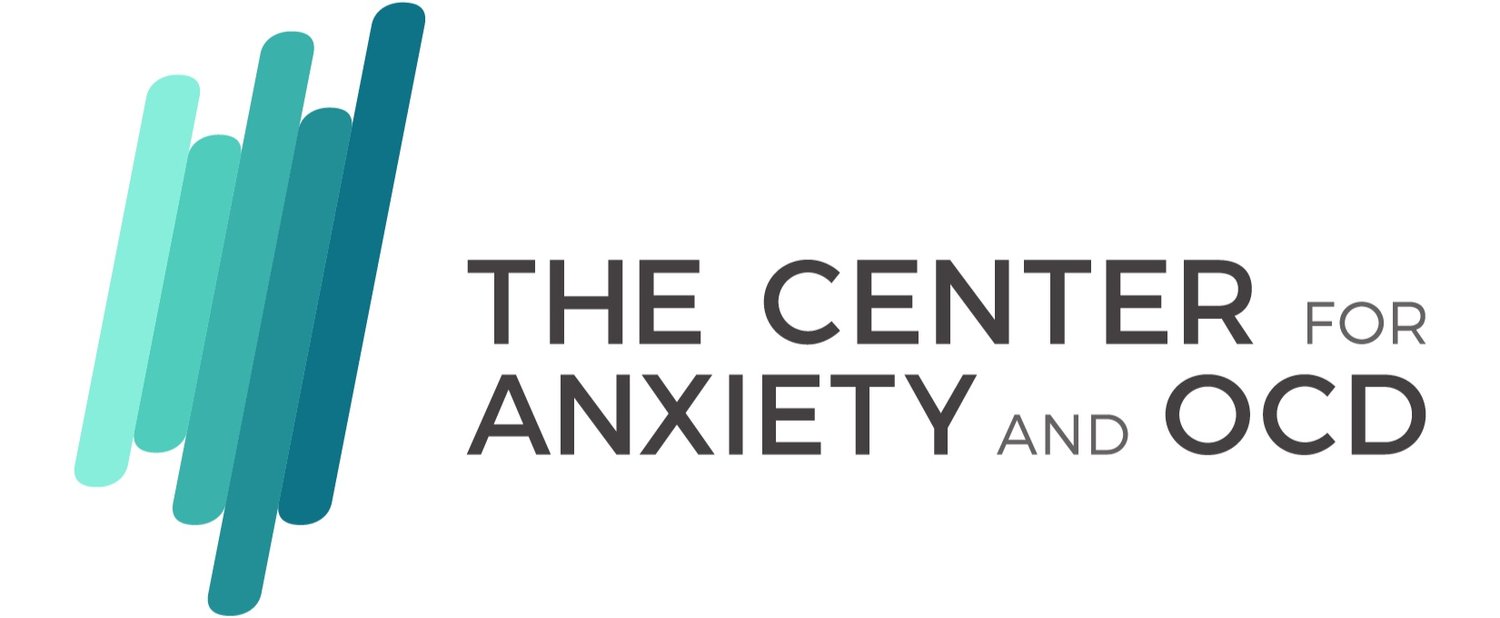What’s The Difference Between Anxiety and Intuition?
How many times have you heard the phrase, “go with your gut,” or “you’ll know when you feel it!” These statements of certainty abound in modern conversation, but aren't they counter to everything we have learned about OCD?
Yes. Because we know that with obsessive-compulsive disorder, we can’t automatically trust our feelings. This is because they stem from unreliable threat signals from an overactive fight, flight, or freeze response (as outlined in this post explaining how the amygdala works).
The truth is, overwhelming feelings of anxiety can weaken and even sterilize our deeper sense of knowing. So, what are these gut feelings everyone’s talking about, and how exactly can we tell the difference between them and our anxiety?
Here are some tricks to tell the difference between an intuitive feeling and an anxiety response:
Intuition isn’t in a rush.
Chances are, if the feeling sounds something like “you need to do this immediately,” or “the longer you wait the worse you’re going to feel,” it’s probably an anxiety response. Intuition allows us plenty of room to breathe and ponder, it will wait for us to notice it and it doesn't have a deadline.
Anxiety works in absolutes.
Anxious feelings lead us to believe that there is only one good option.
This can sound something like “if you don’t break up with your partner right now, then you will be miserable for the rest of your life,” or “if you don’t check your temperature to make sure you don’t have a fever, you’re going to give your kids a deadly disease.”
Inflexible messages are created by our brain to get us to do what it wants us to do immediately.
Anxiety will threaten you with only one disastrous, specific result, while intuition leaves room for different avenues that end in different outcomes- it is much more flexible.
Intuition appears when we are most in touch with ourselves.
It's most difficult to tune into our deeper sense of knowing when our emotions are heightened and frantic.
Intuitive feelings are the type that continue to quietly exist in the aftermath of an anxiety spiral, not the kind that only show up at it’s peak.
Consider how you feel after you've gotten a good night’s rest, drank a lot of water, have moved your body, and had a good meal, versus the feeling at 4 am the morning before an exam and after 3 cups of coffee. See what I mean?
Don't let this question become compulsive!
The truth is, we don't need certainty that any thought or feeling comes from our intuition in order to act according to our values. And while it can be helpful to discuss the differences between intuition and anxiety, don't waste too much time trying to figure it out.
Because even if you're not sure what's real and what's fear, you can still choose to take a leap of faith towards your values.
The best part? If you're wrong, you can always change course.

